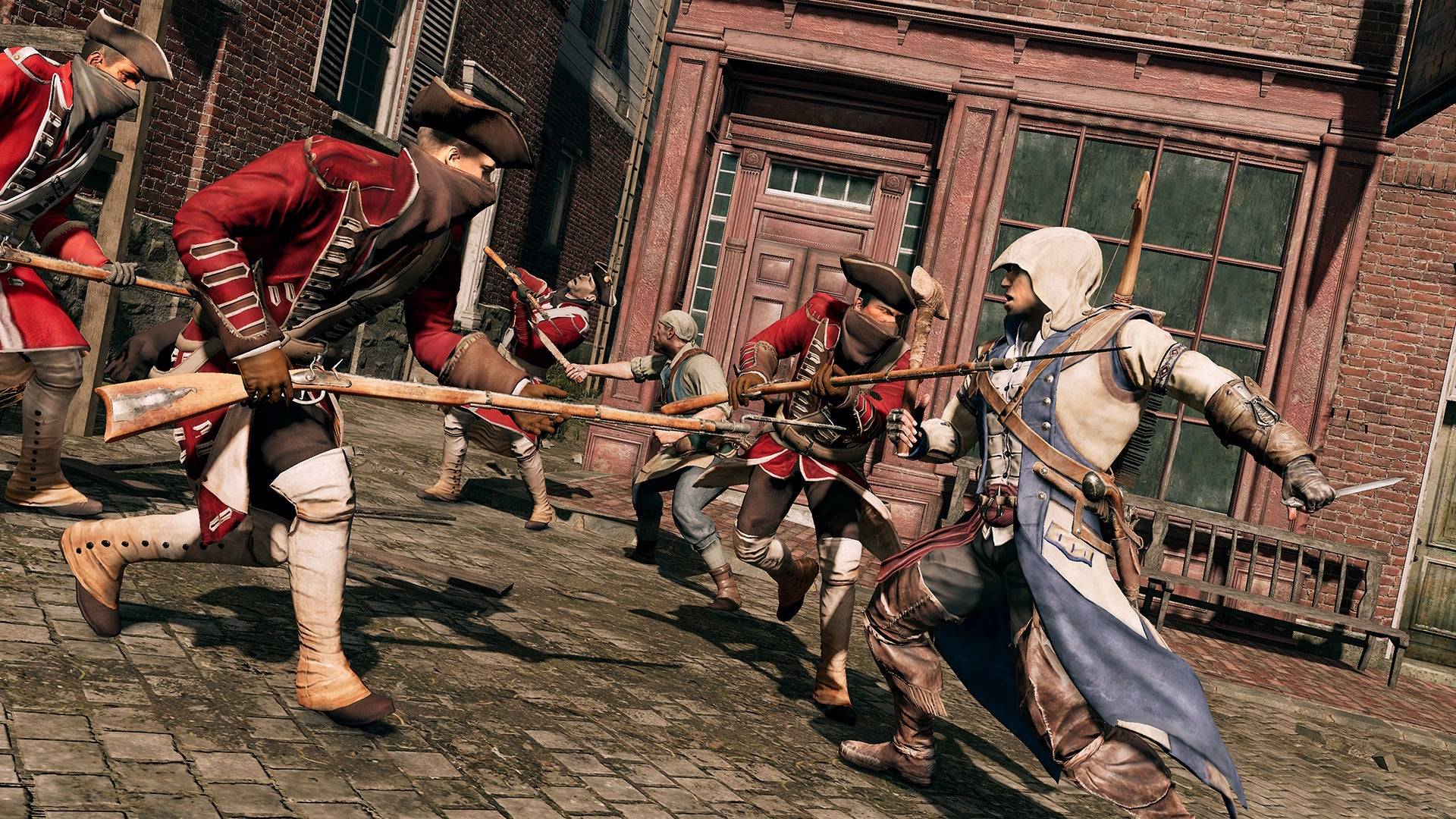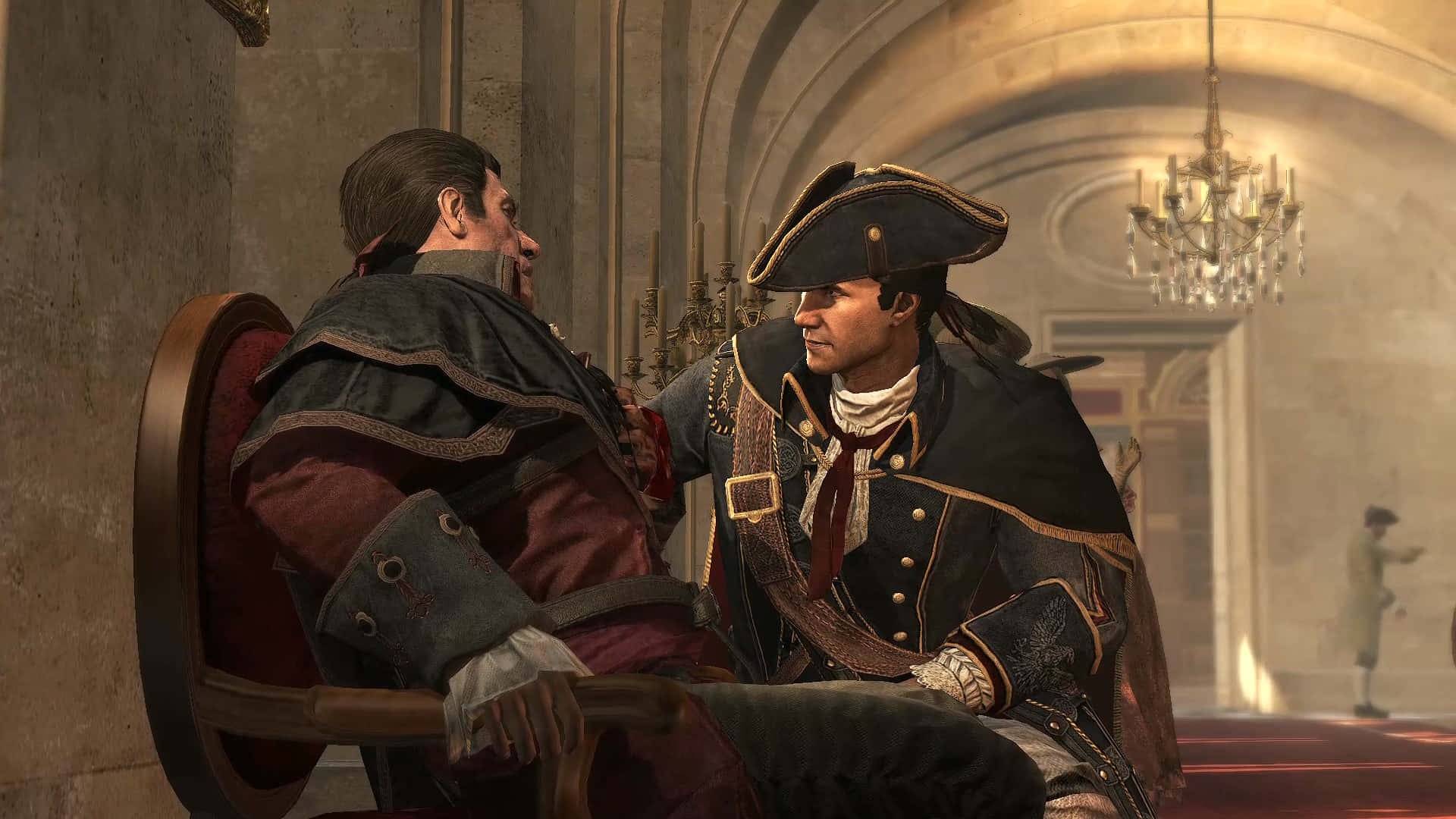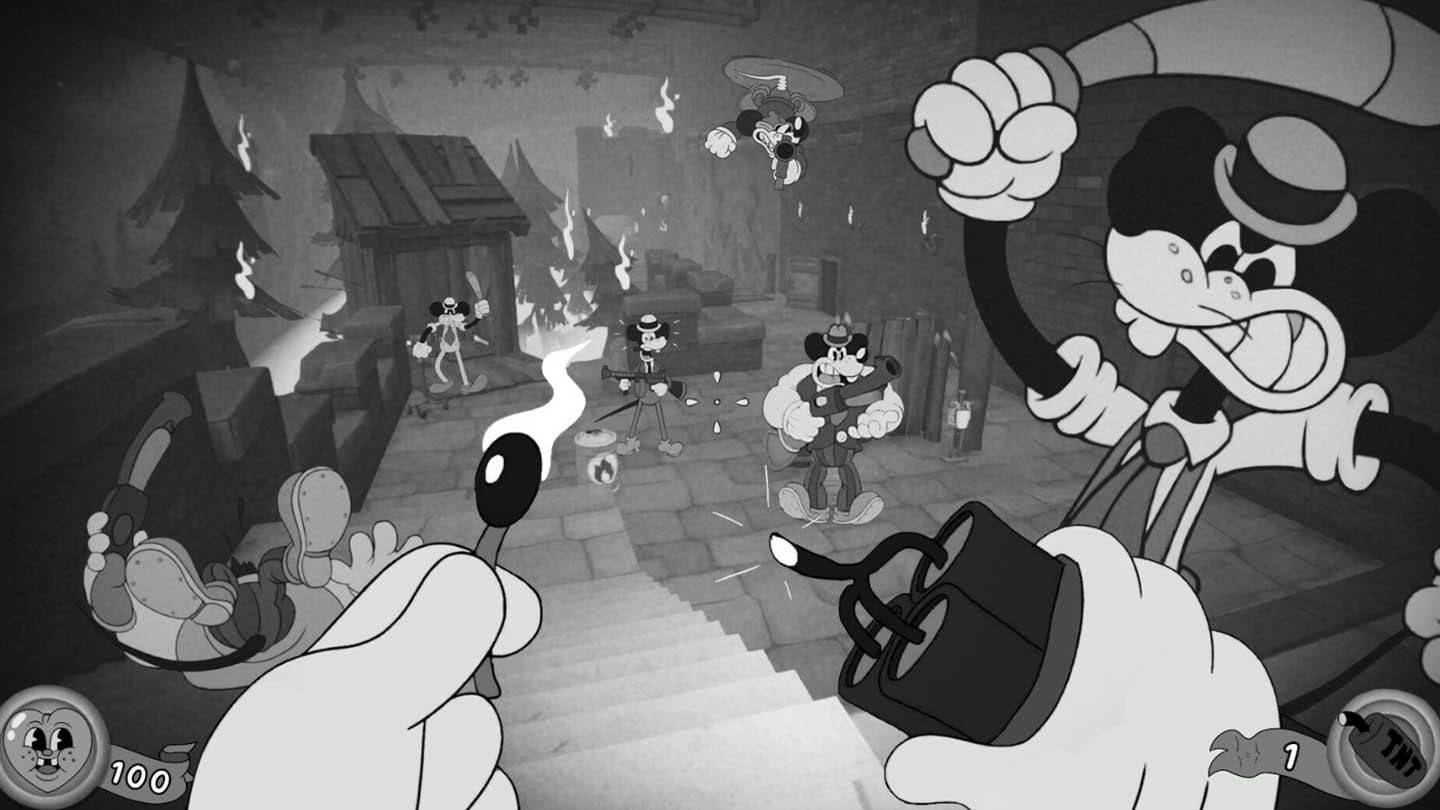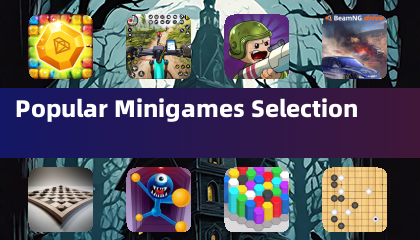Author: HarperReading:3
One of the most memorable moments in the entire Assassin’s Creed series occurs early in Assassin’s Creed III. Haytham Kenway, having gathered his band of… or so it seems… assassins in the New World, initially appears heroic. He wields a hidden blade, possesses the charisma of Ezio Auditore, and even frees Native Americans from prison, battling British redcoats. Only his utterance of the familiar Templar phrase, "May the Father of Understanding guide us," reveals the shocking truth: we've been following the Templars all along.
This twist exemplifies Assassin’s Creed's unrealized potential. The first game introduced an intriguing premise—locate, learn about, and eliminate targets—but fell short narratively, with Altaïr and his victims lacking personality. Assassin’s Creed II improved this with the iconic Ezio, but its adversaries remained underdeveloped, notably Cesare Borgia in Brotherhood. Only in Assassin’s Creed III, set during the American Revolution, did Ubisoft dedicate equal effort to developing both hunter and hunted. This created a seamless narrative flow, achieving a balance of gameplay and story rarely matched since.

While the current RPG era enjoys widespread acclaim, many articles, videos, and forum posts suggest Assassin’s Creed is in decline. The reasons are debated. Some cite unrealistic premises (facing Anubis and Fenrir), others criticize romance options or the use of a real-world figure like Yasuke in Assassin’s Creed: Shadows. However, I believe the decline stems from the series abandoning character-driven storytelling, overshadowed by sprawling sandboxes.
Over time, Assassin’s Creed incorporated RPG and live-service elements: dialogue trees, XP systems, loot boxes, microtransactions, and gear customization. Yet, larger installments feel emptier, not just due to numerous side quests, but also in their storytelling.
Although player choice theoretically enhances immersion, in practice, longer scripts to accommodate multiple scenarios often lack polish compared to games with limited interaction. The focused scripts of the action-adventure era created sharply defined characters, unaffected by a structure demanding capricious shifts in protagonist personality.
While Assassin’s Creed Odyssey boasts more content than Assassin’s Creed II, much feels underdeveloped, hindering immersion. The interaction with characters often feels artificial, unlike the Xbox 360/PS3 era, which featured exceptional writing. Examples include Ezio's defiant speech after defeating Savonarola and Haytham's tragicomic final soliloquy:
“Don't think I have any intention of caressing your cheek and saying I was wrong. I will not weep and wonder what might have been. I'm sure you understand. Still, I'm proud of you in a way. You have shown great conviction. Strength. Courage. All noble qualities. I should have killed you long ago.”

The writing has also suffered from a simplification of the Assassins/Templars dynamic. Modern games adhere to a simplistic good versus evil narrative, unlike earlier installments which explored the moral ambiguities. In Assassin’s Creed III, defeated Templars challenge Connor's (and the player's) beliefs. William Johnson suggests the Templars could have prevented genocide; Thomas Hickey criticizes the Assassins' mission; Benjamin Church highlights the relativity of perspectives; and even Washington's actions cast doubt on Connor's cause. Haytham undermines Connor's faith in Washington, foreshadowing the new nation's potential despotism. The game ends with more questions than answers, strengthening the narrative.
AnswerSee ResultsThe enduring popularity of "Ezio's Family" from Assassin’s Creed II’s soundtrack highlights the impact of character-driven narratives. Assassin’s Creed II and III were fundamentally character-focused experiences; the music reflected Ezio's personal loss. While I appreciate the current games' world-building and graphics, I hope the franchise will return to the focused storytelling that initially captivated audiences. Unfortunately, in today's market, such a shift might not be considered commercially viable.

 LATEST ARTICLES
LATEST ARTICLES 












